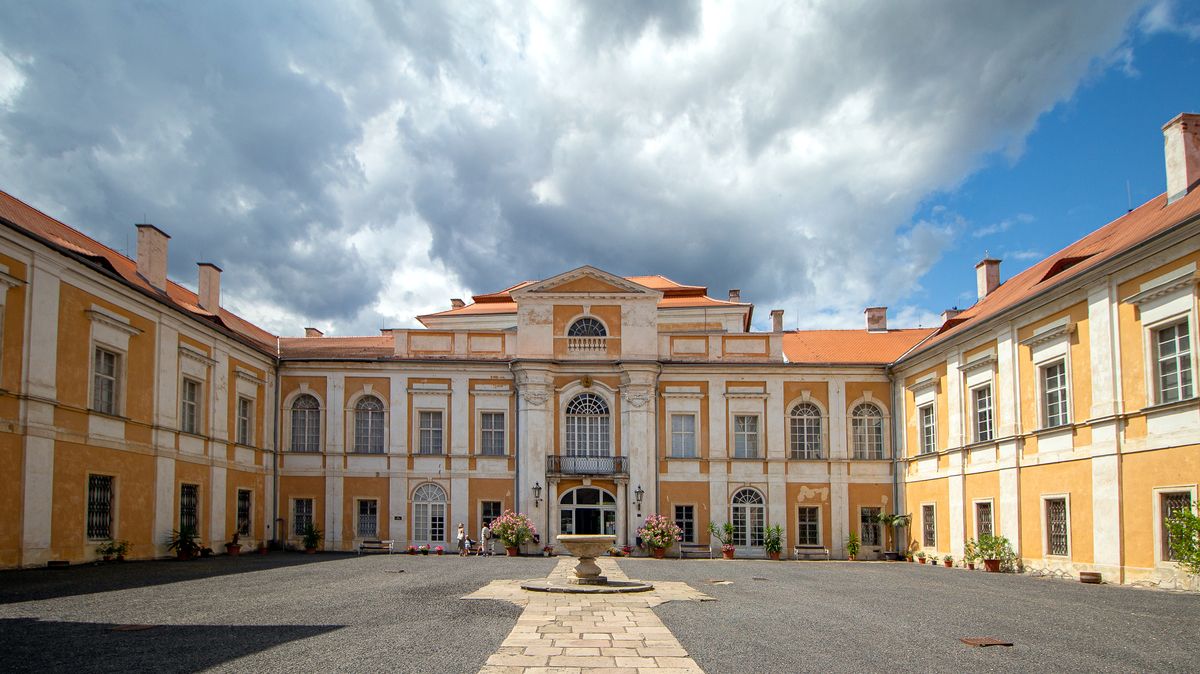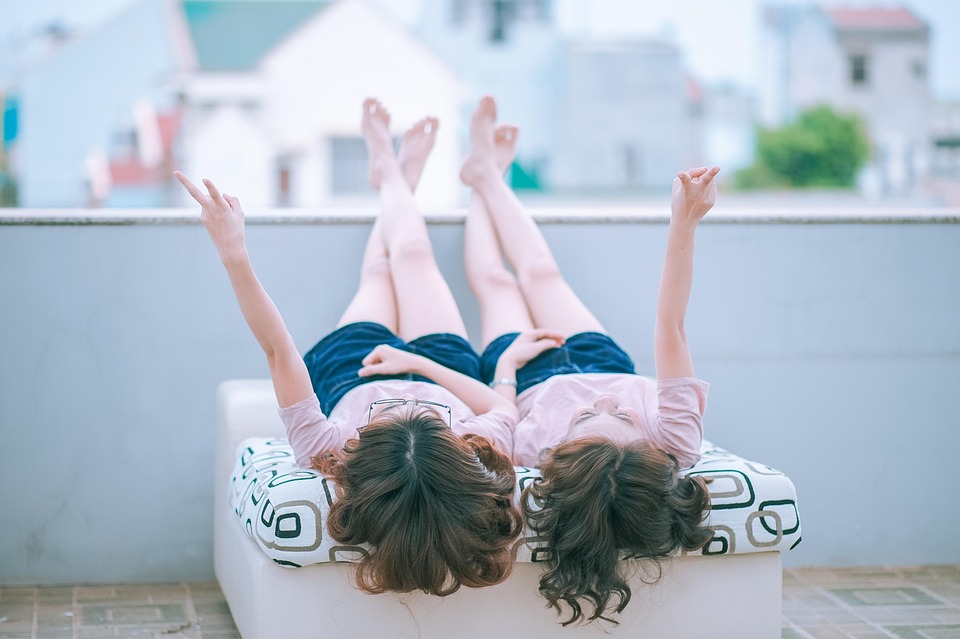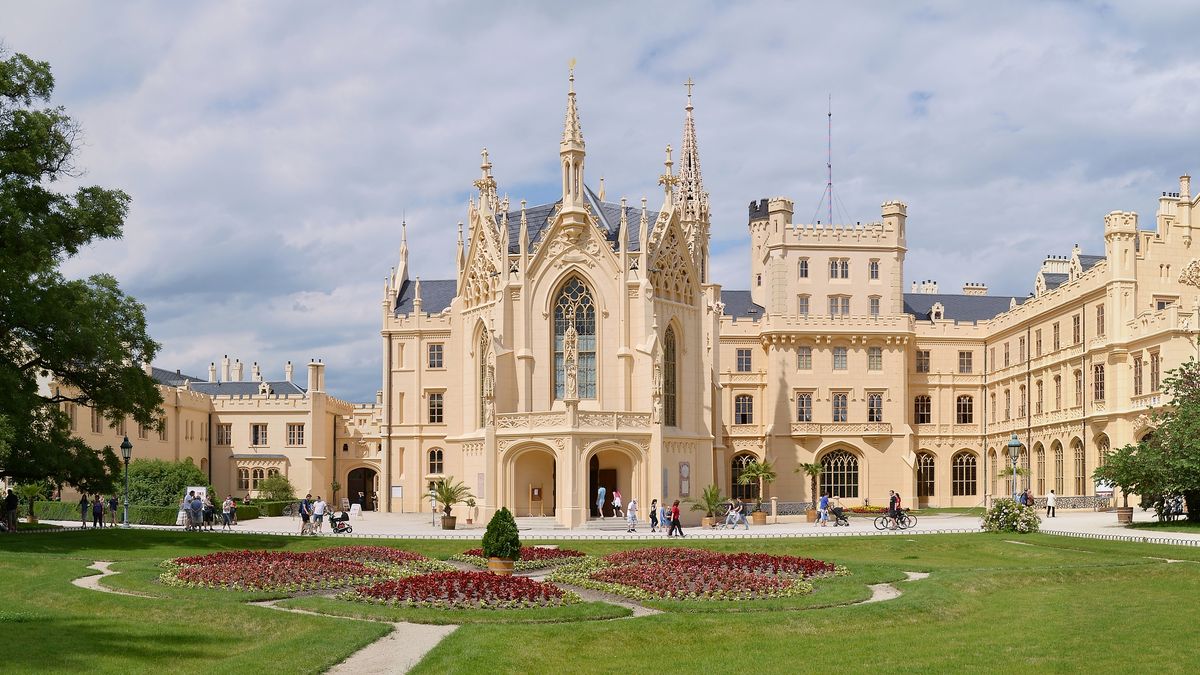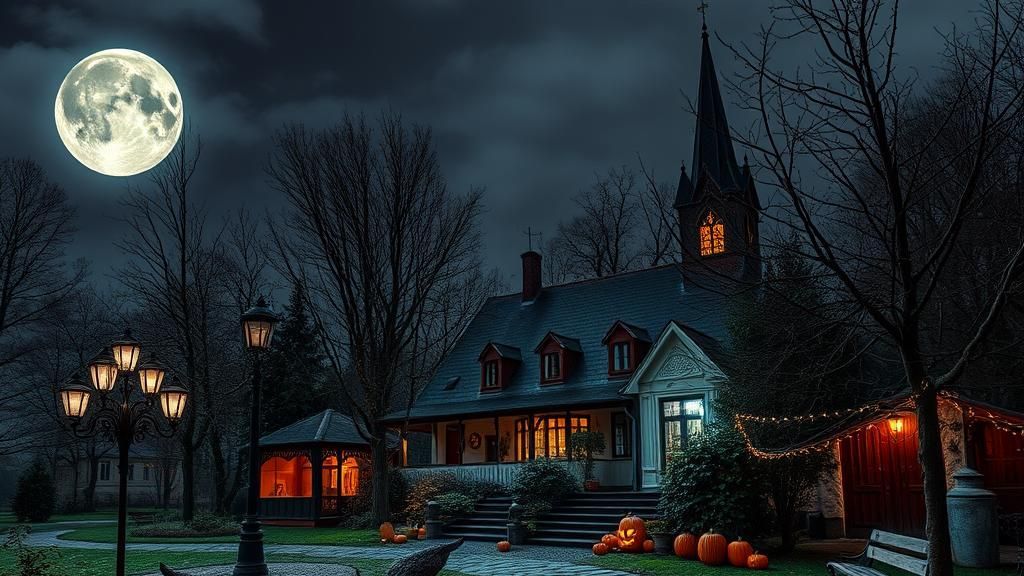Duchcov Chateau is an important historical monument in the Ústí nad Labem region, which is associated with personalities such as the famous chemist and alchemist Giuseppe Antonio Giacomo Paracelsus and the author G. J. Mendel. Giacomo Casanova (1725-1798) also stayed in this castle.
1. History and origins
- The first fortress on the site of the present castle was probably founded in 14th century like a noble fortress.
- V 15th century the fortress was transformed into a Renaissance chateau.
- Since its foundation, the castle has served as the residence of noble families and gradually became an important centre of regional events.
2. Owners and residents
- In the 16th century, the castle was owned by the families of the Rýznburks and Lobkowiczs, which were among the important noble families of the Czech kingdom.
- The most famous resident was Giacomo Casanova, Italian adventurer and writer who spent his last years there (1785-1798).
- The castle had various owners and until the 20th century belonged to several aristocratic families.
3. Architectural modifications
- Renaissance: Reconstruction of the original fortress into a more comfortable castle with residential wings and arcades.
- Baroque (17th-18th century)A: Further alterations, especially to the interiors, chapel, gardens and facades.
- 19th century: Modernization, the castle has acquired a more representative appearance.
. Functions and life in the castle
- The castle served mainly as a the power of nobility, the centre of administration of the estate and a cultural site in the region.
- Casanova contributed to the international prestige of the castle.
- The castle had extensive gardens, outbuildings and chapelwhich is typical of aristocratic mansions.
5. 20th century and the present
- After World War II national takeover of the castle took place, and some of its equipment was either taken away or destroyed.
- Currently the castle belongs to the state and works as museum and cultural centre.
- The exhibitions focus on the history of the castle, the life of Giacomo Casanova and the history of the region.
- The chateau is open to the public and is the venue for exhibitions, concerts and various cultural events.
6. Attractions
- Casanova served as librarian, managed a large library and was active in scientific research.
- The lock is often used as a backdrop for historical films, thanks to its impressive Baroque and Renaissance architecture.
Giacomo Casanova - life and connection with Duchcov
1. Who was Casanova
- Italian, born in Venice in 1725.
- Known as adventurer, author, diplomat, scientist and librarian.
- He was famous for his romantic expeditions as well as a broad education in areas such as mathematics, physics, chemistry and literature.
- Author of autobiographical work "Histoire de ma vie" (Story of my life)which is highly regarded for its historical perspective on the 18th century.
2. Casanova and Duchcov Castle
- Casanova came to Bohemia after many adventures and complications in Italy, France and other European countries.
- In the year 1785 arrived in Duchcov, where he was appointed librarian of the noble family (of the Lobkowicz family).
- The castle had an extensive library, whose administration Casanova took over - writing, translating and conducting scientific research.
- During his stay he also worked on alchemy, philosophy and literature, he was recognized for his education.
- He lived here until his death in 1798.
3. Casanova as a personality in Duchcov
- Although his early years were full of passion and adventure, Casanova lived in the castle of Duchcov rather a quiet life as a scientist and librarian.
- During his stay in Duchcov he created a number of notes and scientific papers, and some fragments of his diaries and books have been preserved in the local library.
- His final years attest to his adaptability and intellectual staminawhen he chose a quiet life in exile instead of seeking adventure.
4. Casanova's legacy at the castle
- Library at Duchcov Castle became part of Casanova's legacy - some of his manuscripts and notes can still be found here.
- The castle depicts Casanova as symbol of education, international relations and cultural History.
- Visitors and historians from all parts of the world come here to learn about his life story and work at the castle.
Below are some of the regular eventsheld at Duchcov Castle - a great opportunity for those who want to experience something more than just a standard tour.
Interesting events
- Easter excursion - During the Easter holidays, the castle is beautifully decorated, children can take part in competitions and themed tours.
- Night tours with commentary - Evening walks after dark, lit by candles and leading to lesser-known areas of the castle.
- Tours for children - specially designed tours aimed at families with children, often accompanied by puppet shows or fairy tales.
- Cultural theme weeks and celebrations - for example, the events marking the 300th anniversary of the birth of Giacomo Casanova, which create a direct link to the history of the castle.
Recommendations for visitors
- Recommended reservation of seats for tours with limited capacity (e.g. night tours or events for children).
- Before you decide to visit the chateau, we recommend checking the programme of events on the official website, as dates and themes are subject to change.
- If you're interested in a particular tour (for example, "Casanova at the Castle"), make sure to check the schedule and availability - some tours may be unavailable during the off-season.
"`html
Opening hours
- In the months June, July, August - Tuesday to Sunday from 9:30 a.m. to 4:30 p.m..
- In the month September - Tuesday to Sunday from 10:00 to 16:00.
- In the month October - on weekends and public holidays from 10:00 to 15:00 (last entry is at 15:00).
- In the off-peak season (for example, from November to March) - the castle is Closed for the public.
Other important information
- On Mondays, the castle is usually Closed, except on official public holidays - then it is open.
- Lunch break at the ticket office usually takes place from 12:00 to 12:30.
- The last tour starts at the time corresponding to the end of opening hours - after this hour, entry may be restricted.
"""html
“`



